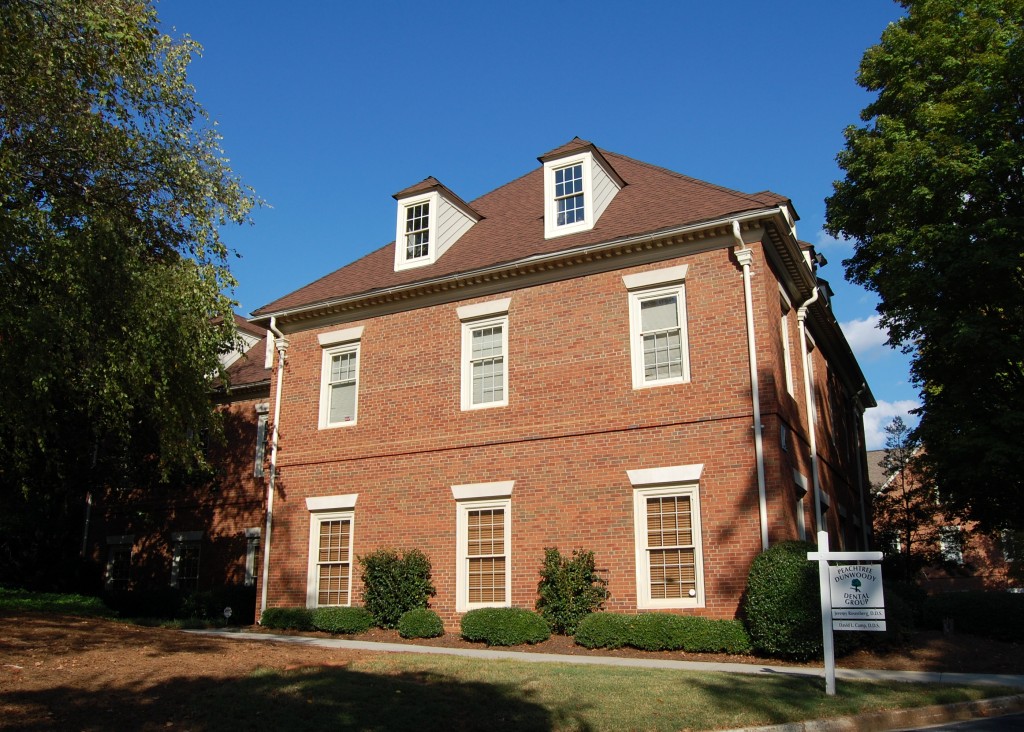If your teeth have become so damaged by dental decay or other factors that they crack, Our team offers cracked teeth treatment in Atlanta, GA. This treatment helps prevent or heal infection and restores your smile’s functionality. Schedule a consultation with our skilled dentist at Peachtree Dunwoody Dental Group by calling (770) 395-7057 today.
There are many types of cracked teeth. The treatment we provide to restore your tooth and your smile will depend on the type of crack that has damaged the tooth.
All cracked teeth exhibit the same symptoms, which include pain while chewing, sensitivity to temperature and a release of biting pressure. Cracked teeth can also cause intermittent pain, which can make it difficult to diagnose the exact cause of your discomfort.
Some types of cracked teeth are:
- Craze lines — Tiny cracks in the outer enamel of the tooth. This type of crack is superficial and does not usually require treatment unless you are seeking cosmetic improvement.
- Fractured cusps — A crack that occurs when the raised points on top of your teeth (the cusps) become weakened, breaking off on their own or being broken off by a dental professional. Crowns are usually recommended to restore teeth with fractured cusps.
- Cracked tooth — This type of crack extends from the chewing surface of the tooth toward the root. In some cases, the crack extends below the gumline and into the root. Damage to the pulp is common, making root canals a necessary treatment to save the tooth.
- Split tooth — This type of crack usually occurs when a cracked tooth is not treated, causing the tooth to break into distinct segments. Our dentist may or may not be able to save the tooth, depending on the position of the tooth and the extent of the damage. Endodontic treatment or retreatment may be necessary if the tooth is savable.
- Vertical root fracture — Vertical root fractures begin at the root and extend towards the chewing surface of the tooth. There are no obvious systems to identify this type of crack, and it may go undiagnosed for some time as a result. The tooth will most likely need to be extracted. If it can be saved, you will require an endodontic surgery.
To learn more about our treatments for cracked teeth, please contact our office today. Our dentist and team are here to help you!



